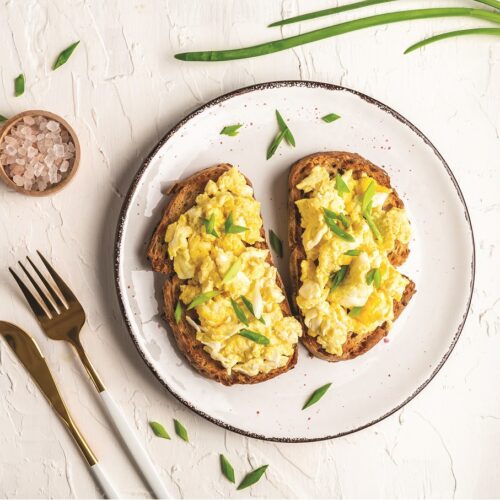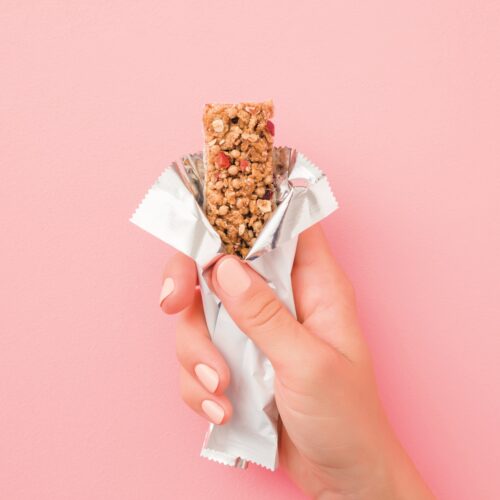
While swedes are a turnip and cabbage hybrid, unlike turnips, the flesh is yellow-orange and somewhat sweeter. Swedes can withstand a good frost and are thought to taste better as a result, which is why swedes grown south of Gore are considered to be the best in New Zealand.
Buying
Opt for smaller-sized swedes with a smooth skin and firm flesh.
Storing
Store swedes in the fridge in the vegetable chiller.
Nutrition
This low-energy vegetable adds useful amounts of a range of vitamins and minerals to the diet.
Using swedes
Swedes don’t need to be peeled nor cooked to be enjoyed. If they are young and fresh, leave the skin on. Grate crisp swedes into a salad or eat a chunk for a snack. To cook, prepare swedes as you would boiled potatoes. Flavourings such as nutmeg, parsley, coriander and black pepper are complementary to this vegetable’s delicate flavour. Swedes can also be stir-fried, roasted, puréed, steamed, baked, glazed or pickled. Add a swede to a warm winter salad or a soup which features other root vegetables such as parsnip, kumara and carrots. For a hearty lentil soup with swedes, try our Saturday soup.
Did you know? Swedes are also known as rutabaga – Swedish for ‘red bags’.
www.healthyfood.com










